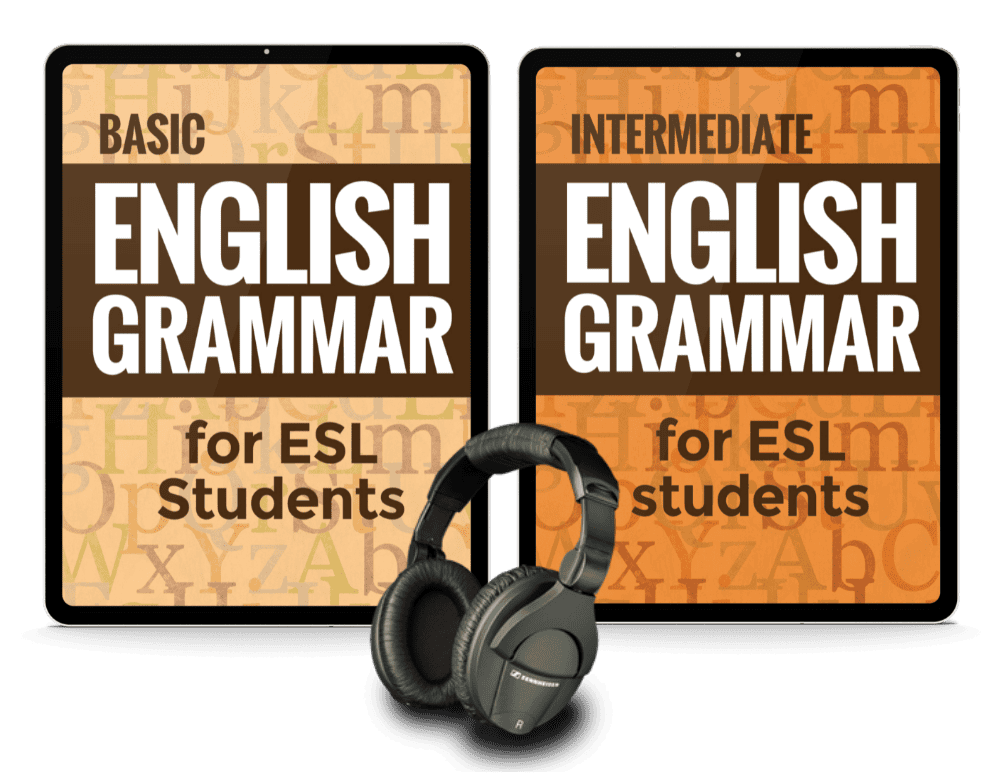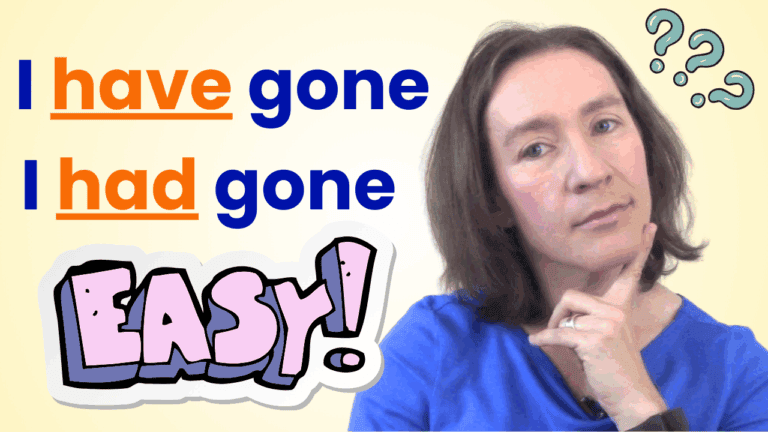
What is a noun?
A noun is a word for a person, place or thing. You already know a LOT of common nouns in English, but did you know that there are different types of nouns? That’s what we’ll be learning about today – with plenty of noun examples!
Make sure to read to the end because I’m going to clarify a very common confusion between types of nouns that many English learners have.
When it comes to grammar topics like this one, you want to make sure know the essentials of English grammar really well so that you won’t hold onto any bad habits or mistakes as you advance in your English.
My Basic and Intermediate Grammar E-Books will give you this firm foundation in the most important grammar topics so that you can be confident you’re saying and writing things correctly.
OK, let’s see what different types of nouns we have in English. The first two categories are common nouns and proper nouns.
Common Nouns & Proper Nouns + Examples
Common nouns are general words for things:
- park
- country
- person
- cat
- day
- company
- city
Proper nouns are specific names:
- Yellowstone National Park
- Japan
- Peter
- Fluffy (cat’s name)
- Tuesday
- Starbucks
- New York
We always capitalize the first letter of a proper noun. If the proper noun consists of multiple words, we capitalize each one (ex. South Africa).

Singular Nouns & Plural Nouns + Examples
Next there are singular nouns (talking about one thing) and plural nouns (talking about multiple things).
Some examples of singular nouns are:
- banana
- hat
- class
- story
- life
- man
- foot
Their plural forms are:
- bananas
- hats
- classes
- stories
- lives
- men
- feet
In most cases we form the plural noun simply by adding -S to the singular noun, but there are exceptions:
- We add -es to nouns that already end in -s (ex. bus –> buses)
- We add -ies to nouns ending in -y (ex. baby –> babies)
- Some nouns ending in an F sound end with -ves in the plural (ex. knife –> knives)
- We have irregular plural nouns like man/men and foot/feet.

Collective Nouns + Examples
One interesting type of noun is a collective noun – these words refer to a group of people/things, but are usually treated as singular grammatically. Some examples of collective nouns would be:
- family
- team
- army
- tribe
- crew
These are groups of people, but we say “The team is practicing for the competition,” not “The team are practicing.”
We also have collective nouns for groups of things, such as:
- bunch
- stack
- pile
- collection
I’d say “The pile of clothes on my bed is getting bigger” – pile takes a singular verb, even though it’s referring to many clothes.
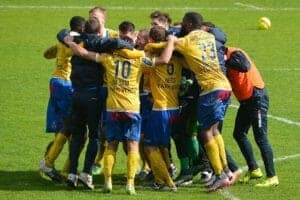
Compound Nouns + Examples
We also have compound nouns – this is a noun made of two or more words.
Sometimes the two words are together:
- seafood
- airport
- dishwasher
- moonlight
Sometimes compound nouns are joined by a hyphen:
- mother-in-law
- merry-go-round
- self-esteem
- great-grandmother
Sometimes compound nouns are two words:
- ice cream
- bus stop
- air conditioner
- potato chip
There’s no rule for this, unfortunately.
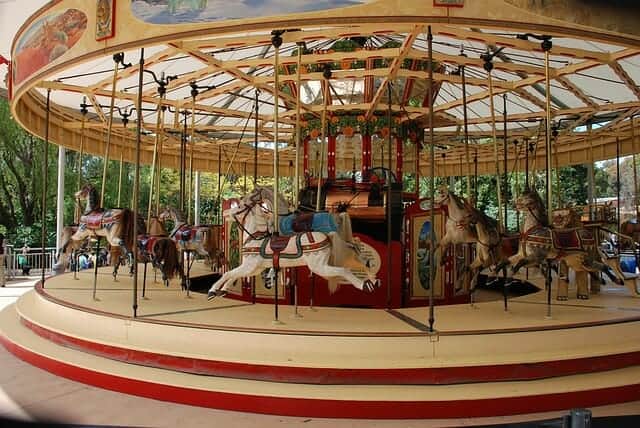
Concrete Nouns & Abstract Nouns + Examples
Our next pair of categories is concrete nouns – things we can see, hear, smell, taste, and touch – versus abstract nouns, which are more ideas, concepts, emotions, or qualities.
Concrete nouns would include:
- table
- fruit
- umbrella
- tree
Abstract nouns would be things like:
- anger
- speed
- knowledge
- childhood

Countable Nouns & Uncountable Nouns + Examples
Finally we have countable and uncountable nouns.
Countable nouns are things we can easily separate and count:
- books
- animals
- pencils
- ideas
Uncountable nouns are things that we can’t easily separate and count:
- rice
- butter
- happiness
- advice
We never make uncountable nouns plural, so we can’t say butters or advices.
And we don’t use “a/an” before an uncountable noun, so we can’t say “a rice” or “an advice” – instead, we can say “a grain of rice,” “a bag of rice,” or “a piece of advice.”
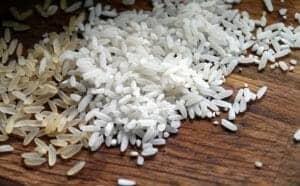
Check out these lessons for more:
- grammar rules about countable and uncountable nouns
- nouns that can be both countable and uncountable
Don’t confuse concrete & abstract nouns with countable & uncountable nouns
Sometimes students confuse concrete/abstract nouns with countable/uncountable nouns. They think all concrete nouns are countable and all abstract nouns are uncountable – but this is not true. Let me show you some examples:
- These concrete nouns are countable: suitcase, coin, chair, cake
- These concrete nouns are uncountable: luggage, money, furniture, sugar
- These abstract nouns are countable: opinion, mistake, relationship, dream, pleasure
- These abstract nouns are uncountable: information, knowledge, wealth, humor, intelligence
Review: types of nouns + examples
So our 10 types of nouns in English are:
- common: city
- proper: New York
- singular: banana
- plural: bananas
- collective: family
- compound: ice cream
- concrete: table
- abstract: anger
- countable: book
- uncountable: information
Learn more: Noun phrases
Like I said earlier, there’s a lot more grammar to learn, and you can learn easily with my Basic & Intermediate Grammar e-books. They have more than 70 step-by-step lessons and quizzes teaching you grammar in just about 10 minutes a day.
Let’s make sure your grammar is correct so that you can use it confidently!


